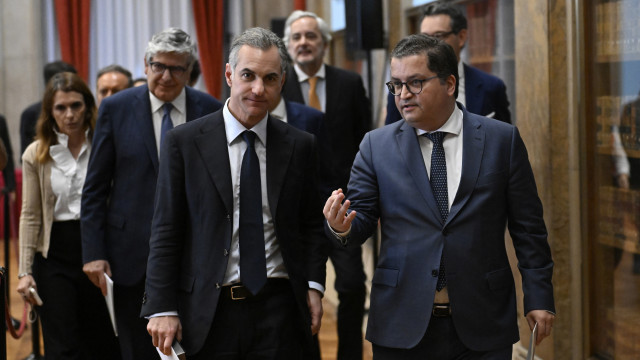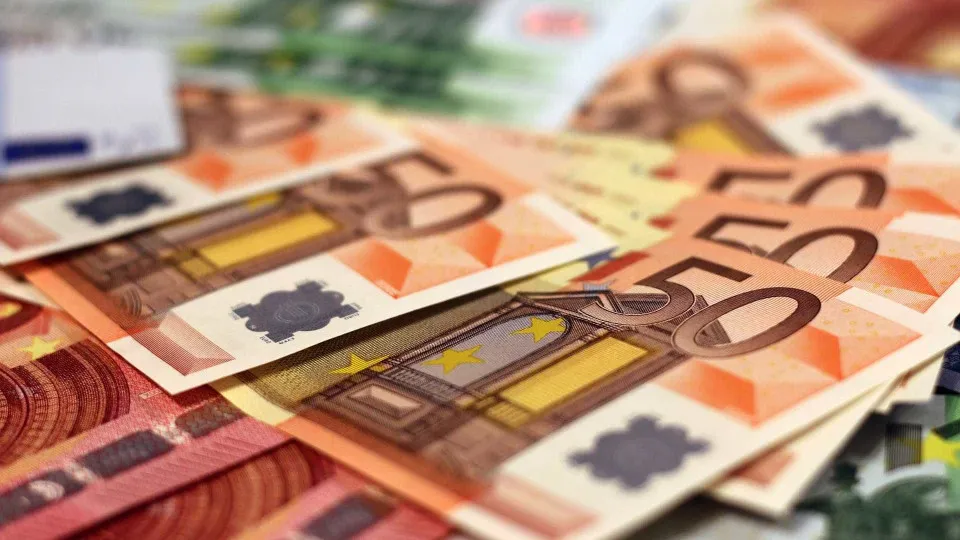On Wednesday, the Judiciary Police conducted searches at the headquarters of Novo Banco and the offices of the consultancy firm KPMG in Lisbon. These actions are linked to suspicions of crimes related to the sale of ‘toxic’ assets from the defunct Banco Espírito Santo (BES), which Novo Banco inherited.
The sale of Novo Banco’s assets was intensified after 75% of the bank was sold to Lone Star in 2017. This process involved an agreement on a mechanism called the contingent capital mechanism, through which the Resolution Fund would inject money into the bank to cover capital shortfalls caused by ‘toxic’ assets inherited from BES, such as non-performing loans or real estate.
In the ensuing years, the Resolution Fund injected a total of 3.405 billion euros into the bank, sparking various political and media controversies due to the use of more public money.
With this mechanism anticipated to end in late 2024, it became possible to sell the bank and pay dividends to current shareholders – Lone Star with 75%, the Resolution Fund with 13.54%, and the Directorate-General of Treasury and Finance with 11.46%.
In June, it was agreed to sell to the French banking group BPCE for 6.4 billion euros.

The Portuguese state, Resolution Fund, and BPCE signed the agreement for the sale of Novo Banco. Once the process is concluded, the French group BPCE will become “the sole shareholder of the fourth largest Portuguese bank.”
On Wednesday morning, simultaneous with the formal ceremony at the Ministry of Finance for the state’s share sale in Novo Banco, the searches were reported and key figures exited the event without responding to questions.
The official Resolution Fund and Ministry of Finance sources were asked about the situation, specifically whether they are providing information to authorities. Questions also included whether they plan to take any action, such as new audits or inspections, regarding the sale of assets triggered by the contingent capital mechanism, to evaluate possible irregularities or conflicts of interest. No answers were provided.
Attempts to reach Novo Banco and Lone Star were also unsuccessful. Meanwhile, BPCE, awaiting regulatory approval to finalize the purchase of Novo Banco, stated it could not comment due to the competition framework and governance rules applicable before the operation’s completion. “According to competition policy and applicable governance rules before transaction completion, BPCE does not comment on specifics related to novobanco’s activities nor on the ongoing process,” said an official source from the French group.
On Thursday (the day following the searches), Novo Banco reported profits of 610.5 million euros for the first nine months of the year (in line with 2024 figures). Since Mark Bourke became president, succeeding António Ramalho in August 2022, the bank has not held press conferences to present results, unlike most large public and private Portuguese banks.
As in previous instances, requests were made to the Ministry of Finance and the Resolution Fund about their stance on the lack of public presentation of accounts and whether it could affect transparency, receiving no responses.
Regarding bonuses for Novo Banco managers and those claimed by employees, both entities declined to comment when questioned. Specifically about bonuses for independent managers, questions were directed to the Resolution Fund and the Ministry of Finance on whether they were aware of bonuses paid by the Lone Star shareholder to independent managers, and whether they consider it a conflict of interest. No responses were received.
Novo Banco was established in 2014 to assume part of BES’s banking activities following its resolution.
Since then and to date, the BES resolution has cost approximately 8 billion euros to public coffers, primarily due to Novo Banco’s initial capital and recapitalizations by the Resolution Fund, according to calculations made by Lusa.
However, the accounts remain unsettled. The Resolution Fund must pay BES creditors and assume potential compensations ordered by courts in ongoing legal cases. On the other hand, the Resolution Fund and the State receive dividends from recent years’ profits and part of the bank’s sale revenues.
When the sale to BPCE was agreed upon in June, the Government stated that the sale related to the dividend distribution this year allows “the State to recover almost 2 billion euros of public funds injected into the institution.”




